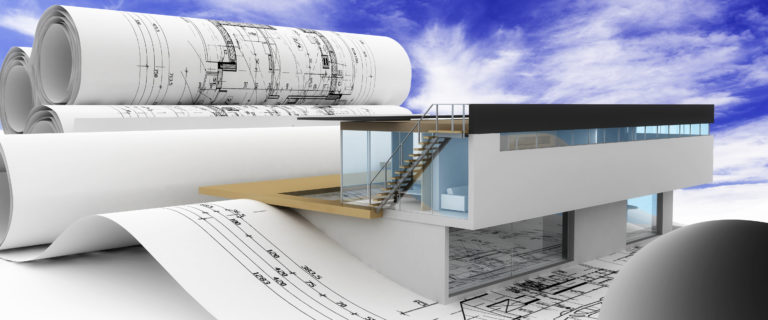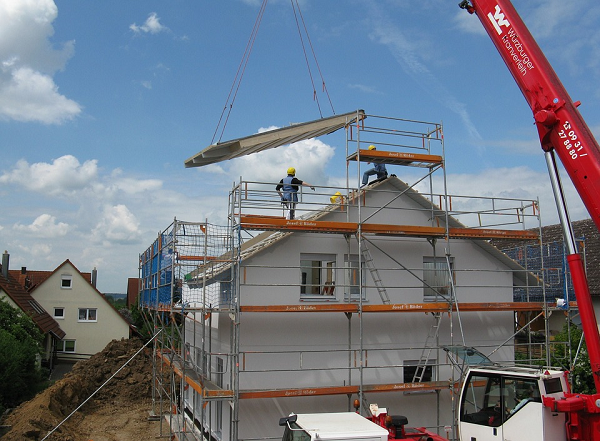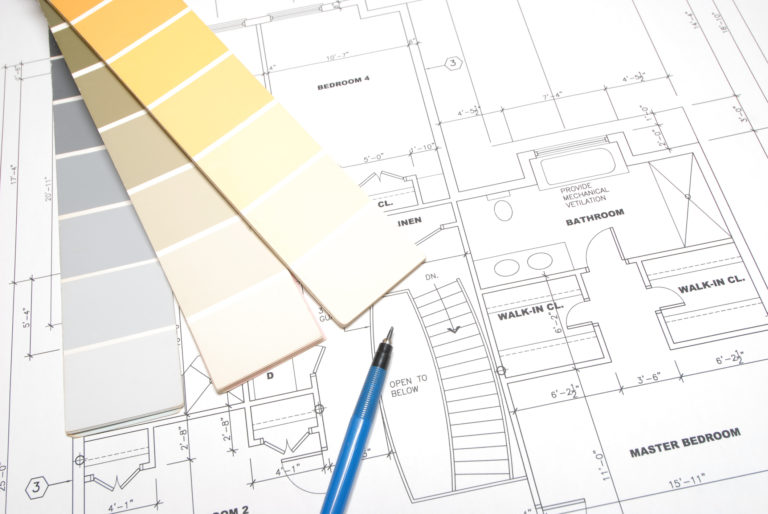Building a New House? Key Players in Home Construction
If you are building a new house rather than purchasing one, there are a few things you need to know about those who will play key roles in your home construction plans.
Before the home construction process commences, there are the key players that have vital roles to perform. This article is a simple guide for aspiring first-time homeowners who need to familiarise themselves with those they need to liaise with.
Building a new house goes beyond the purchase of your plot of land. That’s the easy part. Putting together the team to work on your project is a taxing process. You will require the services of other professionals aside from the main contractor or builder. They are (in no particular order) the:
- Architects.
- Mortgage broker (financiers).
- Planning and zoning officials.
- Builders.
- Sub-contractors.
- Interior designers.
- City/town inspectors.
Architect
The services of architects are costly and can run into thousands of dollars, pounds, euros, or more, depending on which region you reside. If you can afford to employ an architect to design the building, that is good, but if you have a tight budget, buying stock plans online is a good option. They are very affordable, and the plans you get are ready to be constructed. For special needs, you can ask for modifications; most ready-made home plan retailers will gladly modify the plans to your requirements before shipping the finalised and certified blueprints.
Some communities demand local certification before you can commence construction. If this applies to you, discuss it with your builder. They will know whether you will require certification from a local architect (or not) and will work on it.

Financiers and Mortgage Brokers
A home construction project cannot commence without adequate funding, and the 1st time homeowner does not have loads of money stashed away somewhere. For most individuals, funding is obtained by taking out a mortgage loan.
Creating a workable plan with a mortgage broker or banker is crucial, and there is a lot of thought and planning to put in place at this point in time before you sign the bank papers. The financiers will advance funds at various stages of construction, as and when needed.
Planning and Zoning Officials
Permission to build your new home is required from your local municipality. Only with a go-ahead can construction begin. Although every community has different requirements, they have relevant planning and zoning boards that ensure the site meets all the local regulations. Local building officials will review the blueprints and inspect the building site. Once consent is granted and a building permit is issued, the building commences.
The Builder
If you are building a new house, you will work with a residential builder (unless you plan to do it yourself) to transform those two-dimensional drawing plans into a physical structure. Your main contact throughout the construction process will be with the builder.
The builder is the main contractor who puts a team together. He will be responsible for hiring subcontractors to complete the home construction project. The subcontractors are professionals in specialised areas and include electricians, plumbers, carpenters, painters, masons, fitters, landscapers, etc...

Sub-Contractors
It is advisable to allow the builder to be in charge of hiring the various subcontractors required. Those experienced in building construction have a network of subcontractors they trust to do their tasks well and on time.
Try to avoid hiring a friend or relative as a subcontractor. It’s best to let builders hire their own subcontractors, so if something goes wrong during or after the construction process, your building contractor can be held liable.
Interior Designers
You may need the professional services of an interior designer or a decorator to assist you with decorating choices for the home’s interior. For instance, if you have a specific theme in mind but are unsure of how to go about achieving it, an interior designer will be of great assistance in helping you make better sense of wading through endless swatches and samples, brochures of light fittings, plumbing fixtures, furnishings, etc…

City (or Town) Inspectors
As the building progresses, there will be city or town inspectors coming over occasionally to check that the builder complies with all the local building codes.
If the finished residential house complies with all regulations, a Certificate of Occupancy (C of O) will be issued. This indicates that the house is structurally sound and habitable. Upon receiving the Certificate of Occupancy, both you and the builder will do the final walk-through inspection, something like a “Quality Assurance” review, and list all things that still need to be completed, or re-fixed.
Do Not Employ Friends or Relatives to Build Your New Home
If you “throw” your own people into the labour mix, it will be difficult to apportion blame if something terrible goes wrong. So, it’s good to be aware of this lest you find yourself footing the bill to have some problem solved.
Remember, this is your dream home that’s being built, and it’s best to keep things simple. Avoid liaising with the other members of the workforce. If you have questions or minor or major concerns, talk to your main contractor. You employed him/her, so is the only one answerable to you.